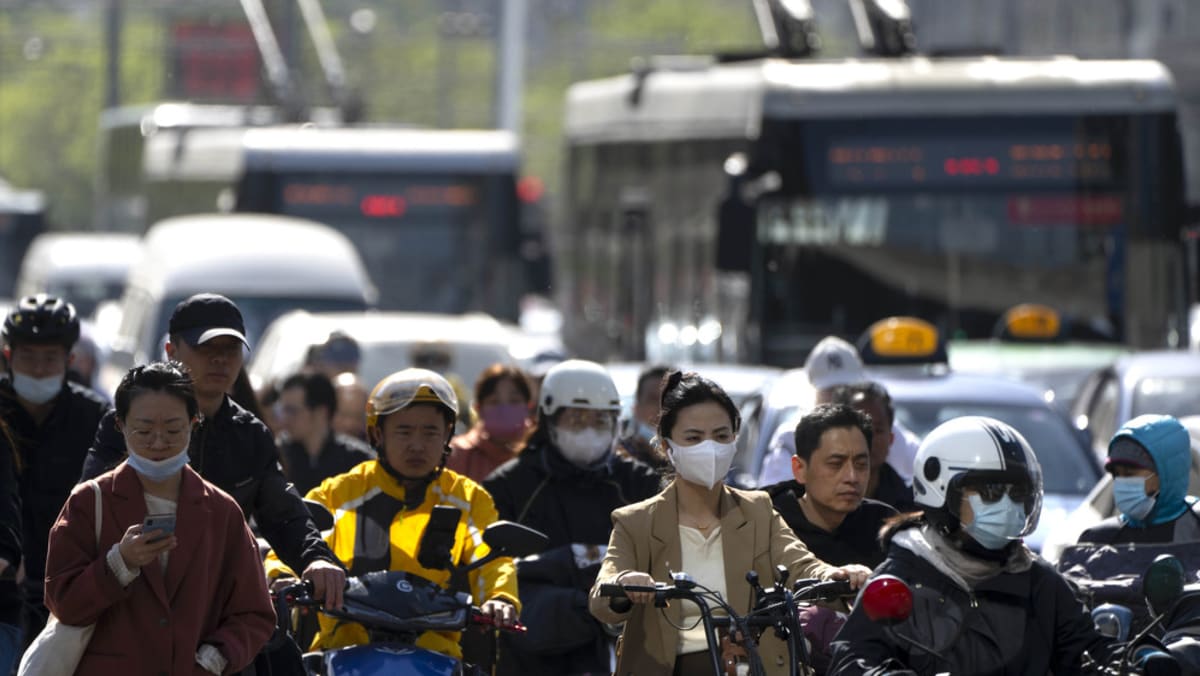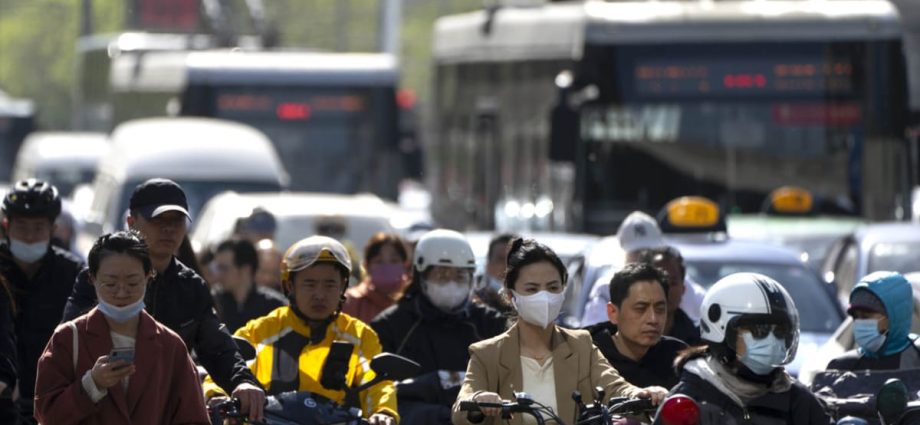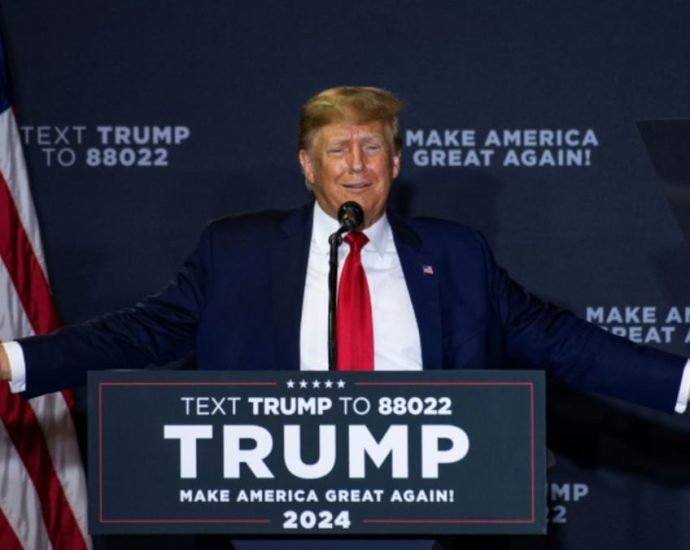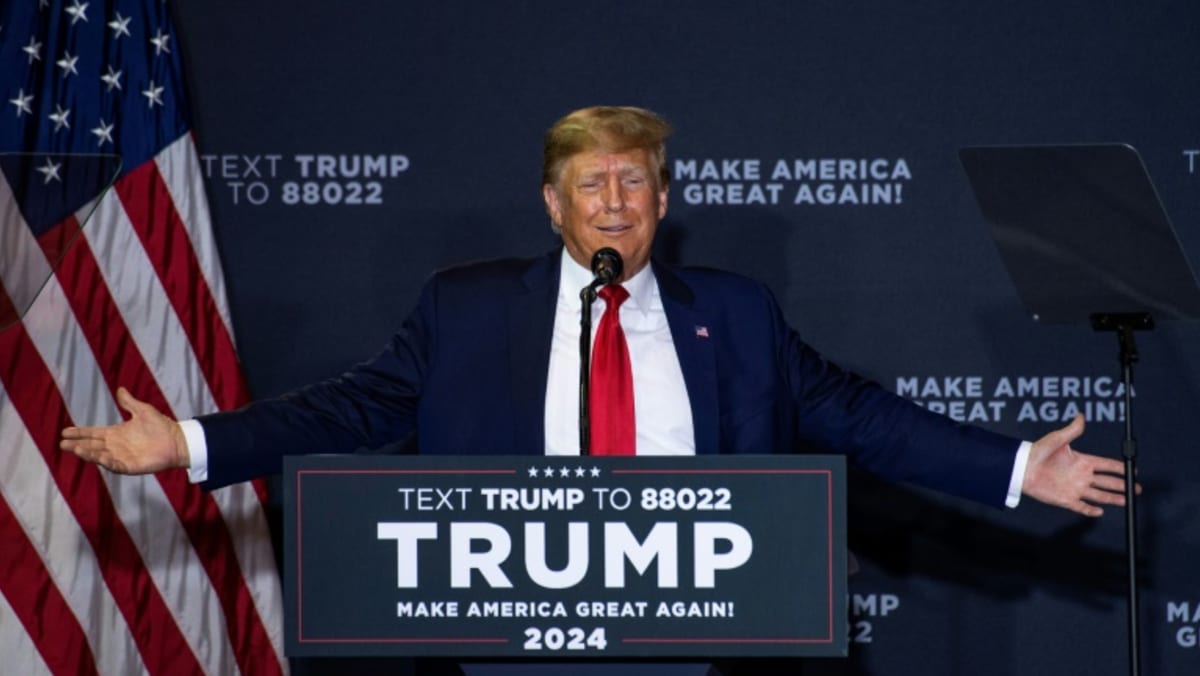Commentary: Why low inflation in China is no cause for applause

PBOC Governor Yi Gang didn’t seem too troubled during a recent speech to the Peterson Institute for International Economics in Washington. He observed that for the past decade, inflation in China has averaged 2 per cent, a level targeted in some way by most monetary authorities. “Two per cent is the central banker’s dream,” Yi quipped.
PBOC HAS TO ACT NOW
In a note this week, Bank of America assessed the prospects of deflation in China. While a sustained decline in prices is unlikely, inflation will remain very muted. The firm’s economists note Japan’s inflation is higher than its Asian neighbour, with all the attendant risks that brings:
“It almost appears that when major central banks find it hard to tame the inflation beast, the PBOC would have ranked high on the scorecard for inflation control … However, a central bank’s mandate is not likely supposed to push inflation down as much as possible.
“When inflation is too low, the lack of confidence in consumer spending and business expenditure could lead to further growth slowdown, making deflationary expectation permanent and incapacitating monetary policy intervention. Relative to the 3 per cent target set by the National People’s Congress, sub-1 per cent CPI inflation is perhaps too low.”
Haruhiko Kuroda, who retired last month after 10 years leading the Bank of Japan, might agree. Kuroda often sounded like he wasn’t trying to reflate an economy as much as change psychology. He often complained about a “deflationary mindset”. If Yi isn’t thinking about this, he should be.
Unlike his counterparts, the PBOC chief isn’t remotely master of his own destiny. The agency isn’t independent and key decisions need to be walked upstairs. It may not be enough to just signal a commitment to maintaining the recovery. Some action may be needed.
It would be too bad if China let this recovery drift. The stakes are too high.



